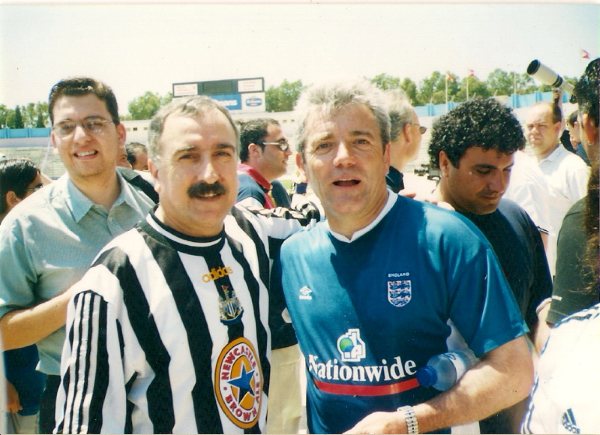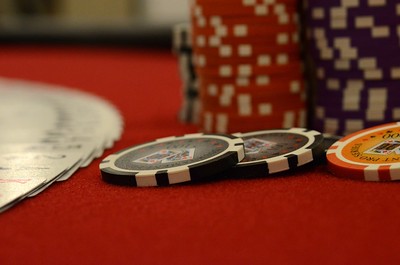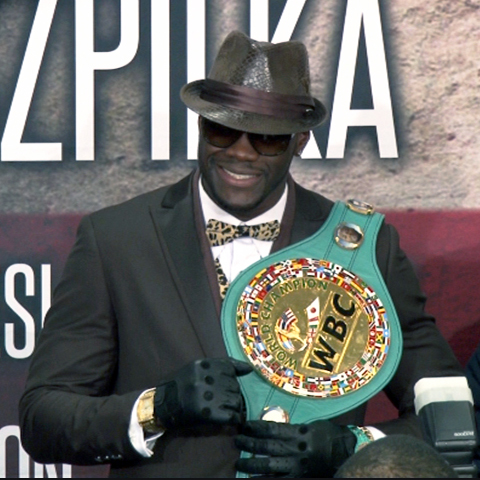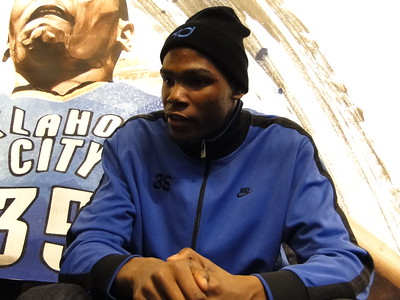The twenty-fourth winner of the "Golden Ball" - Kevin Keegan
Second recognition in a row for the English striker
After finishing off the top of the Ballon d'Or in 1977, despite winning the double with Liverpool, Kevin Keegan was yet to reach his prime. In 1978 he won the most prestigious individual award in football in Europe, and in 1979 he grabbed the prize in an even more emphatic way. His leadership role at Hamburger also led to success for the German team on the meat market as well as on the European stage.
Keegan collected 118 points, which is 31 more than the transitional year. All 26 journalists, representatives of the countries that are members of the European football headquarters - UEFA, put him in the top 5. 18 of them are categorical that he should be the winner again, six leave him second and two - fourth. After finishing just 6 points ahead of Austrian Hans Krankl a year earlier, the England striker now has more than double the points lead over his main rival Karl-Heinz Rummenigge. The West Germany and Bayern Munich forward collected just 52 points for his two first, five second, five third, three fourth and one fifth places. The top three is completed by the Dutchman Ruud Krol from Ajax, who has 41 points in the Ballon d'Or voting in 1979.
The top five is completed by Keegan's teammate Manfred Kaltz, who is fourth with 27 points, as well as Michel Platini. The attacking player who transferred to Saint-Etienne has 23 points. Bulgarians in the rankings are missing again, and the last winner, whose name is not Kevin Keegan, collects only 7 points and remains 11th, together with Kenny Dalglish. The Danish striker Alan Simonsen still cannot shine so seriously in his new team Barcelona.
After a tenth-place finish in the previous campaign, but a promising start to the new season, Hamburger cruised to their first Bundesliga title and Germany's fourth overall. In a fierce competition in Stuttgart, Keegan's side triumphed by one point, considering that only 2 were given to win at the time. The English striker is among the top scorers in the West German Championship, having scored 17 goals, as there is also Klaus Topmöller. With more are Rüdiger Abramczyk with 18 from Schalke 04, Klaus Fischer with 21, also from Schalke, and Klaus Allofs from Fortuna Dusseldorf with 22 goals.
Keegan's class rose in 1979, as impossible as that may seem. He looks like a footballer who is very difficult to take the ball away from because he seems to stick it to his leg at times. The Englishman takes advantage of his agility and the way he most often finishes attacks for his team speaks of calmness, confidence and exceptional football skills. Even Germany's tall and athletic defenders can't stop the 173cm Doncaster player. The way Keegan energizes his teammates is leading the voters' choice, putting him just 12 points shy of the maximum 130.
Hamburger's changed vision of the game was also evident in Europe at the start of the 1979/80 season, when the team eliminated Valur and Dinamo Tbilisi, against whom Keegan scored twice. The fact that success at club level is already coming speaks volumes for the qualities of Keegan, whose name soon began to be placed alongside those of Pele, Johan Cruyff and Franz Beckenbauer as men who changed the way the game was viewed.
Kevin Keegan's undisputed triumph at the Ballon d'Or in 1979 shows that a new era may be upon us, one in which an English player will show that he can take the game to a whole different level, and not in his homeland .




